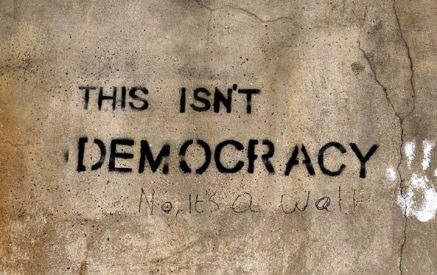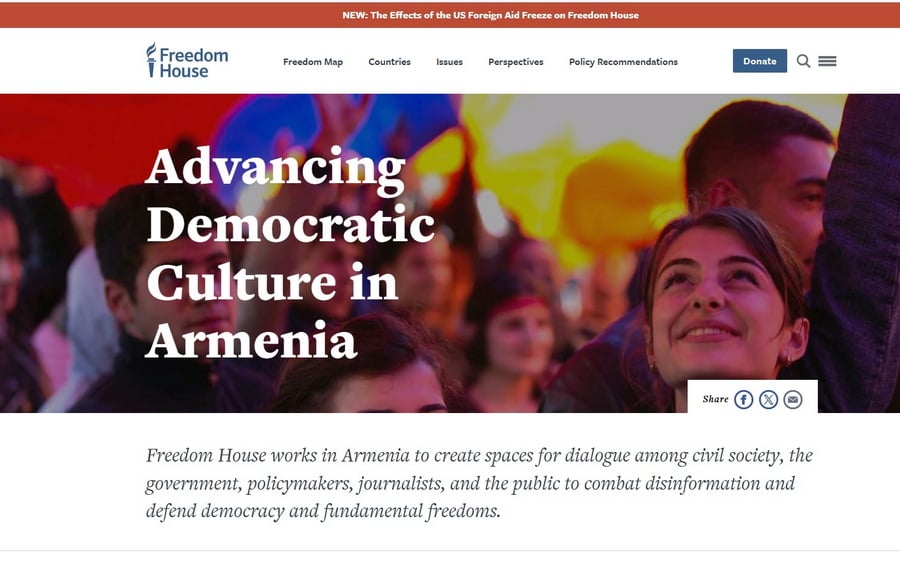In Stephen King’s 1979 novel The Dead Zone, there is a character named Gregory Stillson, a congressional candidate who operates through, let’s say, “forceful methods.” His campaign slogans are textbook examples of right-wing populism: “Let’s throw out all the scumbags,” “Let’s kick out all those who have fun in bed with girls but are married,” “Let’s give Americans all the gas and oil they need,” and so on. At the end of his speeches, he grabs hot sausages from a cart brought in advance and tosses them into the crowd—earning wild applause.
Though the novel reflects America in the 1970s, history, as we know, has a tendency to rhyme, if not repeat. Today, the United States—and to some extent the broader Western world—appears to be shifting away from the “left agenda.” This often happens with criticism of its real flaws or the perceived “excesses” that can turn good intentions into empty dogmas. The face of this rightward turn is, of course, Donald Trump.
Recently, the former U.S. president cut government funding to Harvard University after it refused to meet his demands—chief among them, ending what he labels “anti-Semitism,” meaning pro-Palestinian demonstrations on university campuses. He also called for halting DEI (Diversity, Equity, and Inclusion) programs in academic hiring. Now, DEI is often misunderstood: while it is supposed to promote equal opportunity, in practice it can enforce mandatory preferences for so-called “oppressed groups”—the kind of ideological extreme I was referring to. That said, I think it’s hard to argue with the principle that private universities should be free to decide who they hire, how they teach, and what they research.
Trump’s policies are having global consequences. For instance, the U.S. State Department recently canceled funding for foreign aid programs in several countries, including Armenia, the UK, Belarus, Moldova, and Kyrgyzstan. These grants were deemed “worthless.” In Armenia’s case, we’re talking about $2 million that was supposed to support the development of a “democratic culture.”
Read also
Now, to be clear: I support the idea of cultivating a democratic culture. (Unlike the Civil Contract Party, which doesn’t even know how to lose elections with dignity.) But I also have serious reservations—both about the frequent hypocrisy of Western emissaries, and the activities of certain pro-government NGOs in Armenia. When democracy is turned into a talking point or a funding pipeline for narrow interests, programs like these can become hard to defend.
Aram ABRAHAMYAN




















































